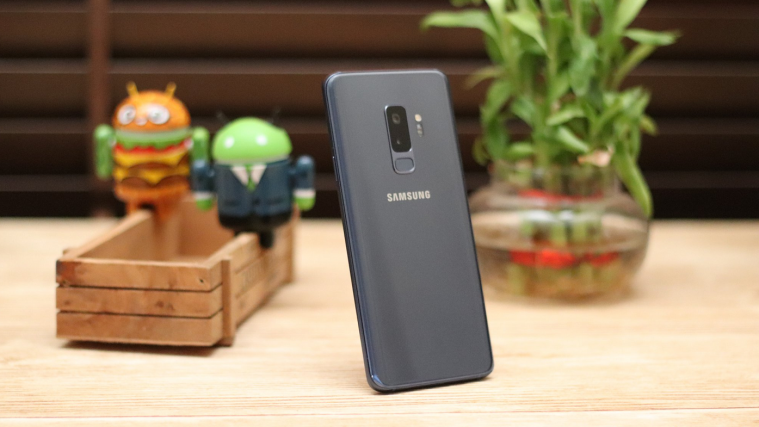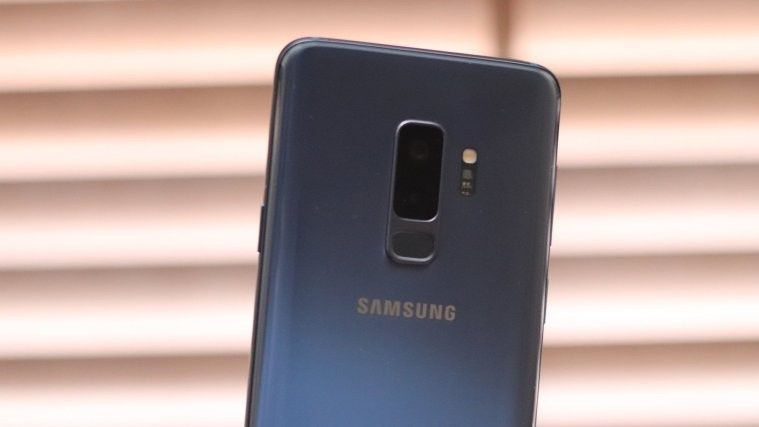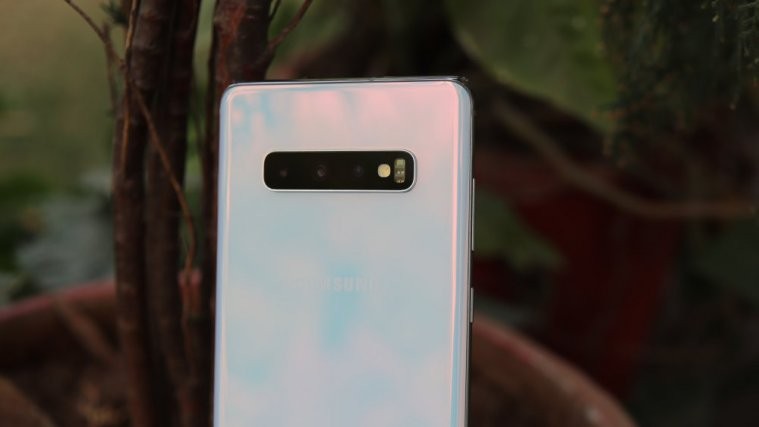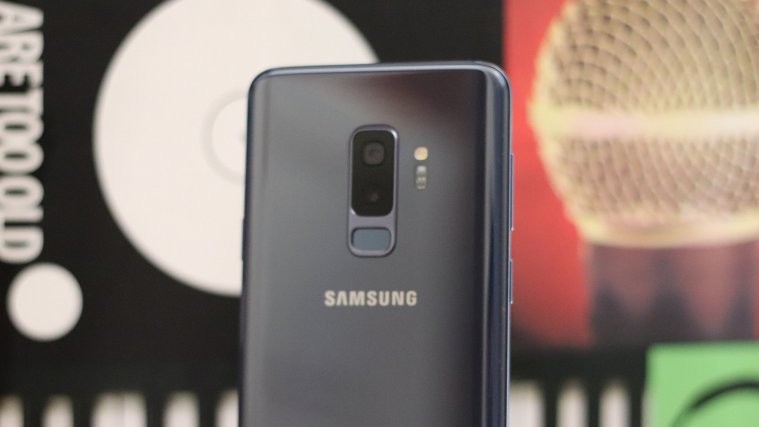It’s almost a month since Samsung Galaxy S9 was released globally. Since the phone started selling in Q1 2018, it is expected to be part of Samsung’s Q1 financial report, which, according to sources close to Korea’s The Bell, says that Samsung’s IT & Mobile Communications Division (IM) recorded an improved operating profit of more than 60% Year-on-Year (YoY).
This comes on the back of a stagnated global smartphone market and according to the same publication; the growth is mostly as a result of the Galaxy S9 and the company’s efforts to cut the phone’s production costs.
Watch: Samsung Galaxy S9 vs iPhone X slow-motion video recording comparison
Low Galaxy S9 production costs
Since the Galaxy S9 has the same design and material build as the Galaxy S8, the tech giant didn’t have to venture much into getting from-scratch stuff for the S9, thus significantly saving a lot on production costs. The Bell further adds that Samsung has also changed its marketing strategies with the S9, where it no longer uses large-scale marketing events and it has even reduced the number of campaigns, which has also saved a lot in terms of expenses.
It’s claimed that Samsung’s IM division sold up to 23.58 trillion won, resulting in an operating profit of 3.359 trillion won in the just concluded Q1 2018. While the improvement in terms of total sales is quite insignificant (IM sold 23.49 trillion won in Q1 2017), the growth in operating profit is definitely notable, up from 2.5 trillion won a year ago, representing a massive 62.6% change.
Samsung is said to have focused on reducing Galaxy S9 production costs right from the beginning to the very end. Whether it’s the planning, design, production, sales or marketing – the company was doing everything to reduce costs.
Related: Download Project Treble ROM for Galaxy S9 [Android 8.1 Oreo]
All these Galaxy S9 cost reduction efforts are, in fact, what contributed to the phone keeping the same price tag in the U.S. However, an industry observer is also quick to point out that the low Galaxy S9 production costs shouldn’t take all the credit for Samsung’s Q1 2018 profits, rather, this is a result of general cost reduction activities carried out in the entire IM division.






